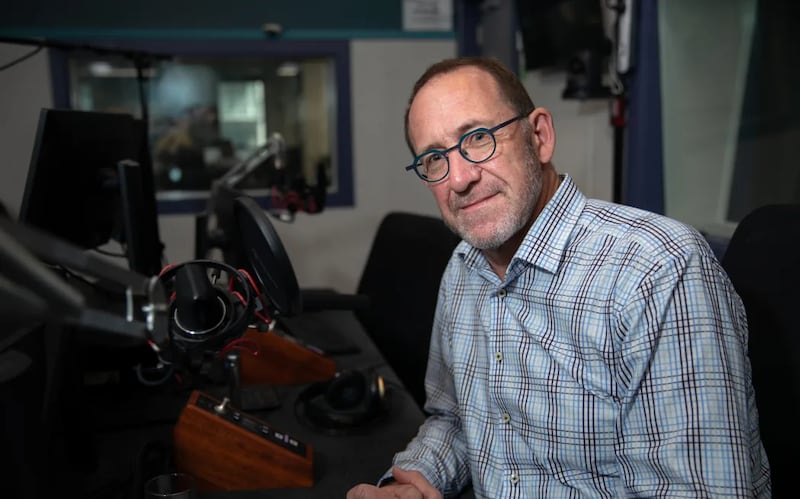This article was first published by RNZ.
As a progressive mayor Tory Whanau has had to deal with the “old guard” resistant to change, the outgoing Wellington mayor says.
Whanau announced this week she will not stand again for the Wellington mayoralty.
Her decision came shortly after former Labour leader Andrew Little confirmed he would be contesting, with Whanau saying she didn’t want a Greens versus Labour narrative to swamp the election. Instead, she plans to run for the council’s Māori Ward.
Whanau has previously said she would consider quitting the mayoralty after facing scrutiny for her political and personal challenges including the appointment of a Crown observer for the council.
She told Saturday Morning she has attracted extra attention because the “old guard” are resistant to issues such as climate change, the cycleway network and social housing.
“Being the progressive change mayor - that does bring a lot of negativity.”
Being wahine Māori has also posed extra difficulties, she said, citing the treatment of other Māori politicians such as Tamatha Paul, Marama Davidson and Metiria Turei.
There were double standards for women, especially wāhine Māori and the negativity had also moved onto the rainbow community.
“Politics at the moment has become quite an ugly place and I’m just an example of part of that.”
While she has enjoyed some support, especially this week since her decision on the mayoralty, politics could be “a lonely place” and “isolating”.
“It’s absolutely crucial” to have discussions about the online criticism directed at women and gay politicians, she said.
“When is it OK to threaten the life of a politician? It is never OK,” she said in response to a councillor’s claim that she had asked for the abuse she received because of her behaviour.
She did not regret using social media in her bid to attract support from young people, however, the political landscape had changed a great deal.
US President Donald Trump and some of the New Zealand coalition government members had helped to ramp up the criticism politicians received, she said.
“The online trolling has accelerated significantly ... the political landscape has become a lot more toxic.”
She did not feel her life was in danger, however, the abuse would turn off women and rangatahi Māori from any thoughts of going into politics.
“And that becomes a danger to our democracy.”
She appealed to other politicians to make debate about policy rather than personal.
Surprise at Little’s decision
Whanau said she was surprised by former Labour Minister Andrew Little’s announcement after he had ruled out the suggestion last year.

“I accepted it [Little’s decision], got my plans back in place. I am really excited about running for the Māori ward.”
She said she was not disappointed some on the left had backed Little instead of her.
The most important thing was to keep the city “on track” with issues such as the cycleway network, building more social housing, and investing in water.
She said many of the things she had campaigned on such as more investment in water and more social housing had started during her mayoralty.
“The biggest thing I didn’t achieve was light rail ... I at least was able to keep the Golden Mile.”
Questioned about her “flip-flop” over the sale of Wellington Airport shares, she said it created tension.
There was a need to address the $2.3 billion underinvestment in insurance and she believed the share sale would be the best option, however, there wasn’t enough support.
The council had moved on and relationships had been rebuilt.
“I’ve learned from that, won’t be doing that again.”
It had caused “great upset” that iwi did not have a voice over ther sale of the shares, however, her relationship with iwi remained strong throughout the saga.
Housing, protection of nature, and having a voice at the table were the main priorities for mana whenua, she said.
They had been supportive over her decision to stand for the Māori ward.
Crown observer ‘didn’t need to happen’
Whanau said the atmosphere was “light” during her meeting with Local Government Minister Simeon Brown during which the appointment of a Crown Observer was discussed.
“We’ve had independent advice that it didn’t need to happen but I wanted to show Wellington that I was more than willing to work with the government to prove we could have a successful Long Term Plan ... it’s back on track without the airport.”
The presence of the observer had helped with the management of councillors’ behaviour, she added.
She had a “polite” relationship with Brown and said things were warmer with the new minister Simon Watts.
Whanau said it had been an honour to perform her first karanga at two events during her term as mayor.
“One of the most special honouring moments of my life ... that has been an absolute privilege of this role.”
- RNZ
